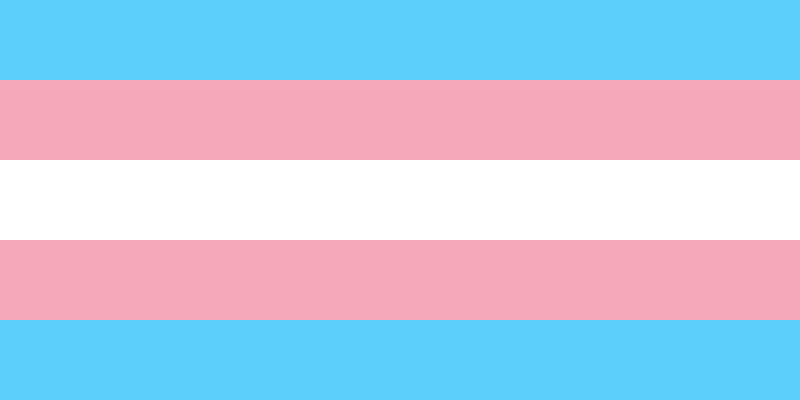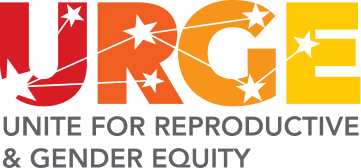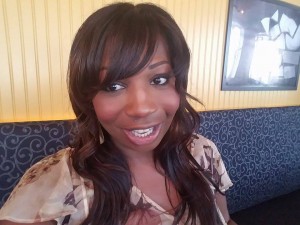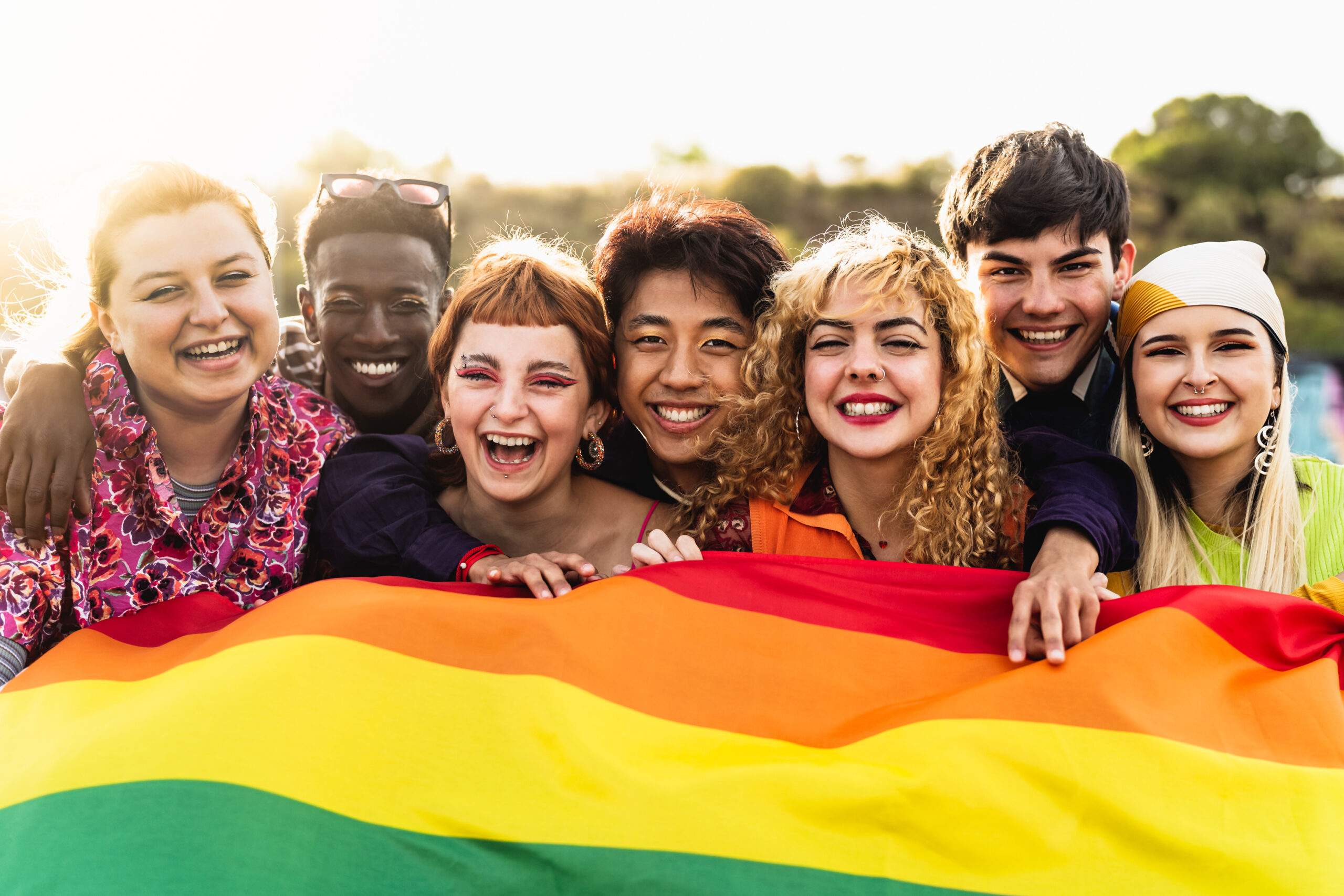#RespectMyHustle: Trans Profiles in the Workplace

Pronouns: Goddess Queen Sister
Career: Academic, Orator, Creator, Producer, Consultant. Executive Director, Trans Women of Color Collective; B.A. Social Theory, Structure and Change with concentrations in Race, Class and Gender Studies, Executive Masters of Public Administration.
What journey did you take to obtaining the job position you have currently?
I’m originally from Detroit, Michigan. My mom worked at Chrysler for about 20 years, and was active in the United Auto Workers Union and the the Black Church. I grew up in a household that honored ancestors, culture, liberation work, community service, healing and restorative justice. I can remember going to Union rallies, meetings, marches and protests with my mom as a very small child. I have actively engaged in grassroots community organizing all of my life. For about 10 years, I worked at cisgender-led LGBT or social service, community-based organizations that tokenized my identities and exploited my labor and contributions.
The difficulty for Black trans women being successful in cis-dominated work spaces is compounded by the way structural oppression manifests in every aspect of our lives and complicity from cis folks who benefit from such structures. I had never experienced a work culture that honored all of who I am. I’d never experienced an employer or work environment that affirmed me and was truly invested in my liberation and the collective liberation of all oppressed people. I had never worked at a place that actually encouraged me to show up as my whole self and that bothered me deeply. The lack of affirmation in work spaces was not aligned with my personal ecology, thus it was my mission to create such an atmosphere where trans and gender nonconforming people of color, our families, partners and comrades could heal, learn, grow, fellowship, create and show up as their whole selves and be honored in those identities.
Why is it important that trans youth have professional role models?
It is critical for the sustainable socio-economic growth and development of trans and gender nonconforming people of color to see themselves reflected/affirmed in life, leadership, industry and commerce. Growing up in Detroit back in the 80’s, I always identified as trans. I had the rare opportunity to have an aunt who was also trans. The stories/memories I recall of her is that she was celebrated by my family. She was the life of every party. My aunt died unexpectedly due to complications from HIV and I never really got the chance to hear her say how beautiful I would become or how important my life was. I believe this prepared my family in understanding the importance of affirming my identity and supporting my growth and development in a way that was holistic and intentional. In Detroit, there were absolutely no services, opportunities for growth, empowerment or organizing for Black queer and trans youth. Many trans youth found themselves on 6 mile and Woodward engaged in street-based sex work as an only means for income and survival. I knew that I wanted more for myself and my community so at 17 years old, a group of my queer friends of color and I created “New Generations” a youth community driven and led initiative that worked to create safer spaces for trans and gender nonconforming youth to come together and create community. It was the only refuge we had. It was revolutionary because we did not wait for mainstream LGBT organizations to invest in our lives, we had to do it ourselves. Many of my friends had been discarded by their families and my mom was so amazing. My home was the place where we would all get changed for the night. My mom sold Mary Kay and owned a beauty salon at the time so she would make sure we had hair and makeup on point and would do our nails as well. It is not only critical for trans and gender nonconforming folk of color to create and build community it is equally critical for our families, comrades and friends have the support and capacity to affirm and empower us and themselves. There is a world out there designed to erase us off the face of the earth. We are going to need all of us if we are ever going to be free.
It wasn’t until I moved to New York City in 2002 that I was able to see other trans women of color in leadership roles, in college, leading programing and that sparked the greatest desire in me. It showed me that I could do whatever I wanted and there were people just like me doing the same thing. At the time, I had no education and my first job was making $10 a day and a metro card. I was living at Wards Island which is a men’s shelter located in Harlem. It was the most tumultuous experience I have ever had in my life. The ever present threat of violence and sexual assault haunted me for the 21 months that I was a resident. I am thankful for trans women of color like Tracy Bumpus who grabbed me by the arm and enrolled me in college. Tracy was finishing her B.A. and enrolling in her Master’s program. With her guidance, I earned a B.A. in Social Theory, Structure and Change with concentrations in Race, Class and Gender Studies from the State University of New York: Empire State College in 2012 and completed the Executive Master of Public Administration program at Rutgers School of Public Affairs and Administration, earning an M.P.A. in 2014. Tracy encouraged me to be the best that I could be and now I get to carry on that legacy by encouraging others to do the same.
What advice can you give to other trans youth or trans adults wanting to pursue their career goals? And what are your Do’s and Don’ts you give to any trans person entering into an office space or business setting?
I rarely give advice, but I can speak to my experience and what has worked for me. It is critical to cultivate community spaces that are affirming, and rooted in healing and restorative justice. I have found that working in toxic spaces that don’t affirm and empower a collective style of leadership, tend to not feed my soul. I would make it a priority to avoid toxic work spaces that engage in tokenization and exploitation of our identities. I would always be upfront about what it requires for me to show up whole and affirmed in a work space. We have the opportunity to create and curate spaces that pour into our lives and feed our life source. For me, it is always important to be on the lookout for the lesson in every experience. Sometimes we get caught up in what is happening to us as opposed to looking towards the impact situations will have on our lives. Getting caught up in the here and now can cause stagnation. It is important to have vision beyond your current circumstance. We are all experiencing trauma daily but we cannot use that trauma to be violent to others. Engaging in abuser dynamics is a tool of white supremacy and we have to be aware of when we are enacting violence on other trans people of color.
I’m all about building and flourishing sisterhood and brotherhood, a sense of unity and togetherness within the LGBTQ community. Who are the trans folks you admire and look to for inspiration and motivation?
Trans Women of Color Collective has been my dream. It is my life source. I have the most phenomenal opportunity to work along-side the most dynamic and supportive Goddesses I know. Dane Edidi, Katrina Goodlett, Vanessa Victoria, Samantha Jo Dato, Daniella Carter, Venus Selente are all trans women of color who have inspired me to greatness. They are fierce, independent, leaders, healers and they continue to pour into my work and leadership. I am honored to be in community with them. I am also inspired by the great works of Dr. Kortney Zeigler, Devin-Norelle, Dezjorn Ray Gauthier, Texas Isaiah Horatio-Valenzuela, and D’Jamel Young. These amazing, brilliant, talent young business men of color have shown me what it looks like do intentional work in our community, to support and love each other and to pour bountifully into each other’s work.
Research shows although many trans women and trans men are entering the career field at increasing rates, they are also many accounts of trans workplace discrimination, harassment, and even abuse. What can our LGBTQ activist and political candidates do to tackle and create safer spaces for trans community in the workplace?
Ask trans people what they need to be successful and produce results. Invest in Black trans led organizations that are creating revolutionary change like trans Women of Color Collective, Destination Tomorrow, transh4ck, transl8tions, trans Is Beautiful and many others. If your organization does not have Black trans folks in leadership roles, on the Boards then raise questions. Create spaces for trans people to develop, cultivate and curate their goals. Most importantly, follow the leadership of trans and gender nonconforming people of color. When a Black trans person tells you who they are, believe them.
written by James Timeless Tate


